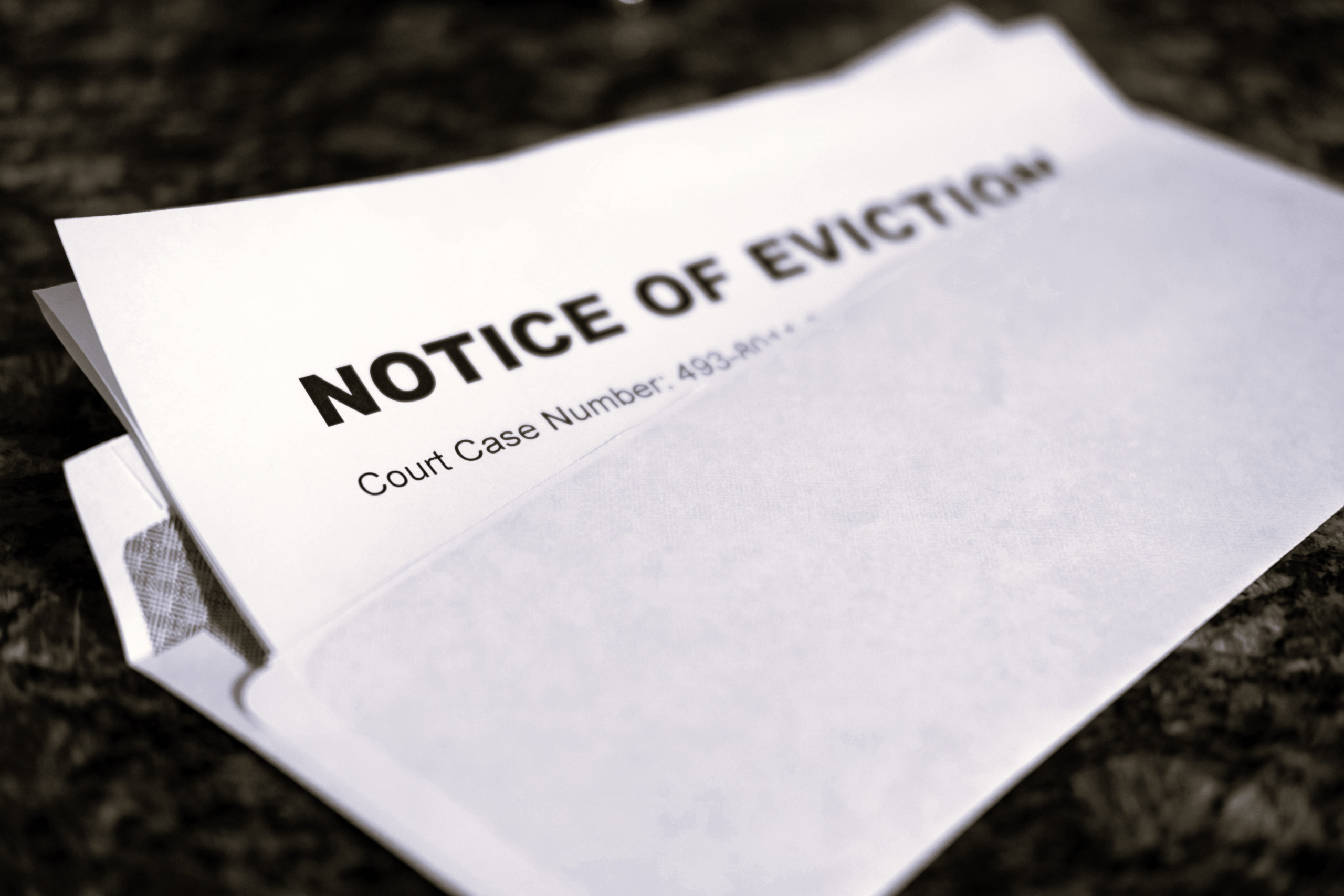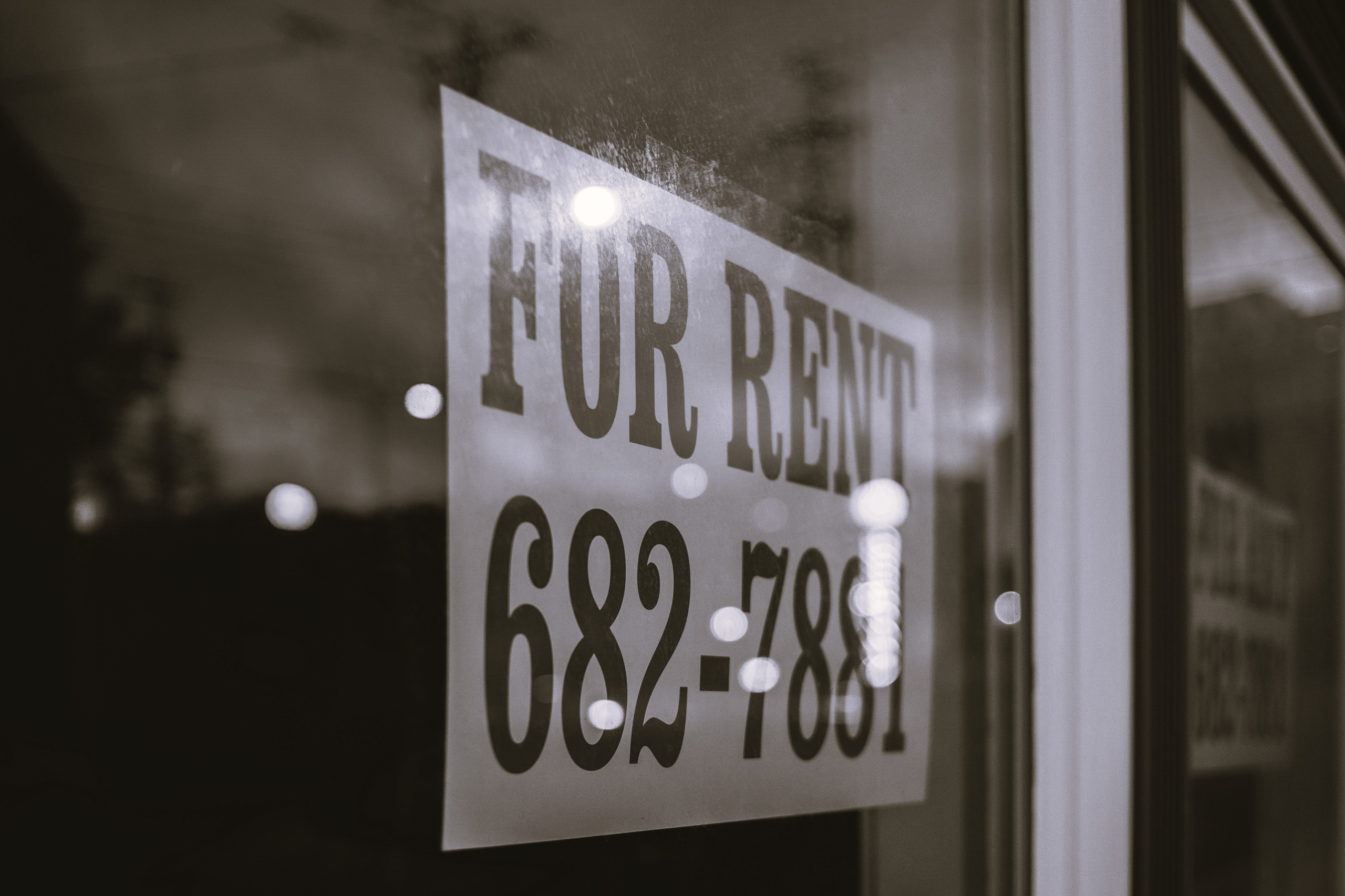Loss of a Home and the Inevitable Loss of a Private Life: A Case for More Privacy-Friendly Shelters
Maria Niemelä (EVICT student researcher)
The dimensions of the right to private life
The right to respect for private life under Article 8 of the European Convention on Human Rights (ECHR) entails the right to be left alone in our privacy. Having privacy serves as the foundation for living our private lives, free from unwarranted State interference. The origins of the right to privacy are linked to property, but the right has evolved beyond the physical plane since then to include mental integrity, reputation, and social life of a person. However, the importance of spatial privacy should not be underestimated, which is evidenced by the fact that the exercise of a plethora of other rights is tied to having a home.
The importance of spatial privacy should not be underestimated, which is evidenced by the fact that the exercise of a plethora of other rights is tied to having a home
A large part of our private lives is lived at home. The home shelters from storms and ensures a secure environment in which to cultivate our thoughts and beliefs. Thus, having adequate privacy establishes a foundation for personal growth and the establishment of meaningful connections with others. Undoubtedly, the home plays a pivotal role in shaping the human experience, and it is crucial that this enjoyment is not denied from those who find themselves homeless.
The right to privacy and the right to housing
The loss of a home marks an instance where both the right to live our private lives and the right to housing are engaged. The loss of a home is a prima facie violation of the right to adequate housing, which State parties of the International Covenant on Economic, Social and Cultural Rights (ICESCR) are obligated to progressively realize to the fullest extent of their available resources. The right is thus a second-generation right, existing to pursue the attainment of social justice. Au contraire, the right to privacy, enshrined in Article 17 of the International Convention on Civil and Political Rights (ICCPR), is generally understood to exist to limit state power. However, the right to privacy may also trigger positive obligations on the part of the State to ensure that individual rights are respected.
The loss of a home and alternative housing under the right to privacy and the right to housing
It should be borne in mind that the enforcement of second-generation rights is subject to much more debate, compared to the enforcement of first-generation rights. Therefore, it may be more effective for an individual who has lost their home to enforce their rights under the right to privacy, compared to the right to housing.
It may be more effective for an individual who has lost their home to enforce their rights under the right to privacy, compared to the right to housing
In the case Liliana Assenova Naibidenova et al v Bulgaria, it was held by the Human Rights Committee that evictions resulting in homelessness violate a person’s right to privacy when no satisfactory alternative housing is immediately available. While the right to private life under Article 8 ECHR cannot be interpreted as the right to be provided with a home, it is important given the link between the privacy enabled by a home and the enjoyment of one’s family and social life, that privacy considerations are included in the criteria for what constitutes satisfactory alternative housing.
It is important that privacy considerations are included in the criteria for what constitutes satisfactory alternative housing
The current state of affairs
In the current state of affairs, many shelters for those experiencing homelessness do not provide adequate privacy. This absence of privacy has far-reaching consequences on their well-being, both physically and mentally.
The absence of privacy in shelters has far-reaching consequences on the physical and mental well-being of those experiencing homelessness. For some, a lack of privacy is a reason to not go to a shelter.
For instance, dormitory-style accommodation often features a common room with multiple beds laid out in an open space. Many fear for their personal integrity, as well as the safety of their possessions. For some, the lack of privacy is a reason to not go to a shelter. Other alternatives that individuals may resort to include seeking temporary accommodation with relatives or friends, one’s car, a tent, or even resorting to living on the streets. Staying in a shelter should be a temporary relief in the process of finding affordable housing with tenure security and it is a stepping stone to securing the right to adequate housing. However, it is crucial, for the sake of preserving the human dignity of those experiencing homelessness, that their enjoyment of the rights derived from their right to privacy, continue in the shelter to the maximum extent possible.
Suggestions and conclusion
Suggestions for action include having adequate space in shelters to dedicate rooms for socializing and family time, which form an important part of a person’s private life, as well as securing spatial privacy in the form of having locked lockers for one’s possessions, and having curtains around one’s bed. The aspects of what constitutes adequate housing such as cultural adequacy and having adequate space for studying may also impact a person’s enjoyment of their private life.
By implementing these measures, we can strive to ensure that individuals experiencing homelessness are afforded the opportunity to maintain their human dignity and enjoy their rights derived from the right to privacy, even within the confines of a temporary shelter, to the greatest extent possible. It is evident that the right to housing and the right to privacy are interdependent in this regard.





